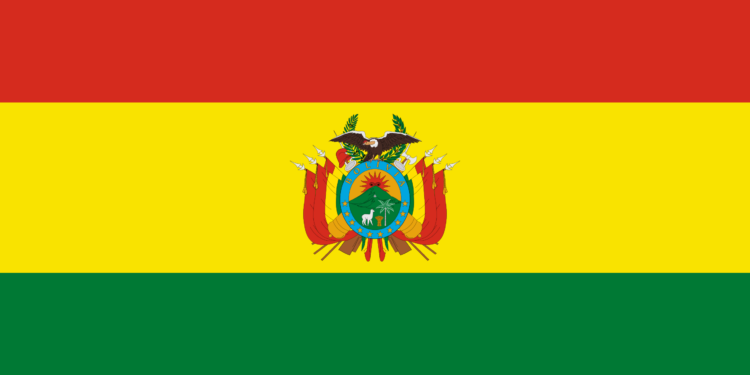On Wednesday, June 26th, Bolivian President Luis Arce successfully thwarted a military coup attempt led by Army General Juan Jose Zuniga. The coup was foiled within hours, leading to Zuniga’s arrest and the reassertion of Arce’s authority over the military.
General Zuniga led troops and tanks to storm the presidential palace in La Paz, accusing Arce’s government of “impoverishing” the country. The military’s incursion into Plaza Murillo, where the presidential palace and Congress are located, marked a dramatic escalation in Bolivia’s ongoing political unrest. Arce confronted Zuniga directly, ordering him to withdraw his forces, resulting in a tense standoff that lasted approximately five hours.
President Arce, from the left-wing Movement for Socialism (MAS) party, hailed the defeat of the coup as a victory for democracy. “Many thanks to the Bolivian people. Long live democracy,” Arce declared after regaining control. The President emphasized the importance of maintaining democratic order and highlighted his administration’s commitment to the Bolivian people.
Bolivia has faced significant economic challenges under Arce’s administration, including a severe U.S. dollar shortage, rising inflation, and slow economic growth. These issues have fueled public discontent and provided a pretext for Zuniga’s coup attempt. Despite these economic difficulties, Arce’s government has been working to stabilize the country and address its financial woes.
Following the coup’s failure, Deputy Interior Minister Jhonny Aguilera announced Zuniga’s arrest, charging him under penal code articles related to armed uprisings, incitement of troops, and attacks against state dignitaries. Zuniga faces up to 20 years in prison if convicted. President Arce swiftly appointed Jose Wilson Sanchez as the new military commander, replacing Zuniga.
The coup attempt drew widespread condemnation from international leaders and organizations. Presidents from neighboring countries, including Brazil’s Luiz Inacio Lula da Silva and Mexico’s Andres Manuel Lopez Obrador, voiced their support for Arce and denounced the coup. The Organization of American States (OAS) and the United Nations also called for the preservation of Bolivia’s constitutional order.
Bolivia’s history of political instability and military coups adds context to this recent event. The country has witnessed numerous coup attempts since the 1950s, with the most recent significant coup occurring in 2019 when Evo Morales was ousted. President Arce’s election in 2020 marked a return to stability, but the underlying issues of economic hardship and political division continue to pose challenges for the nation.









